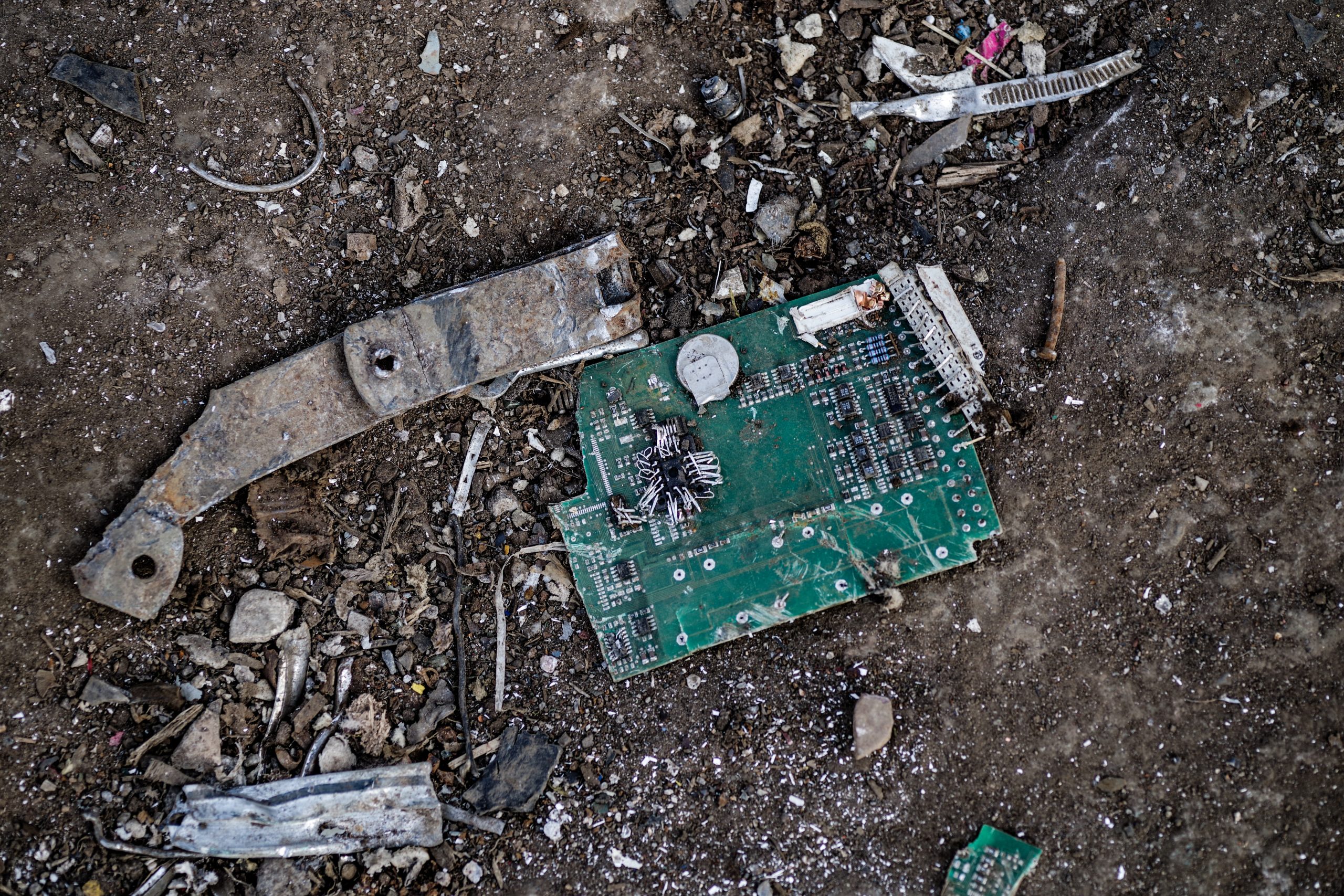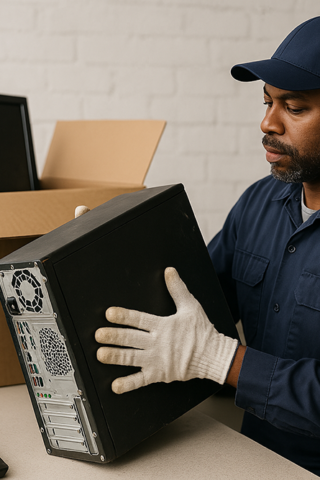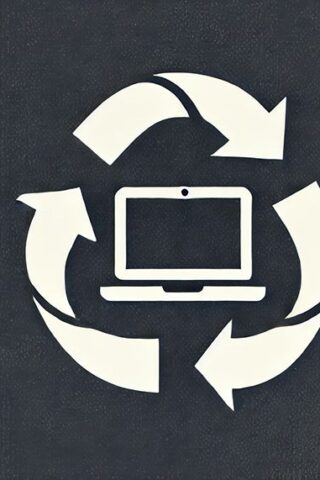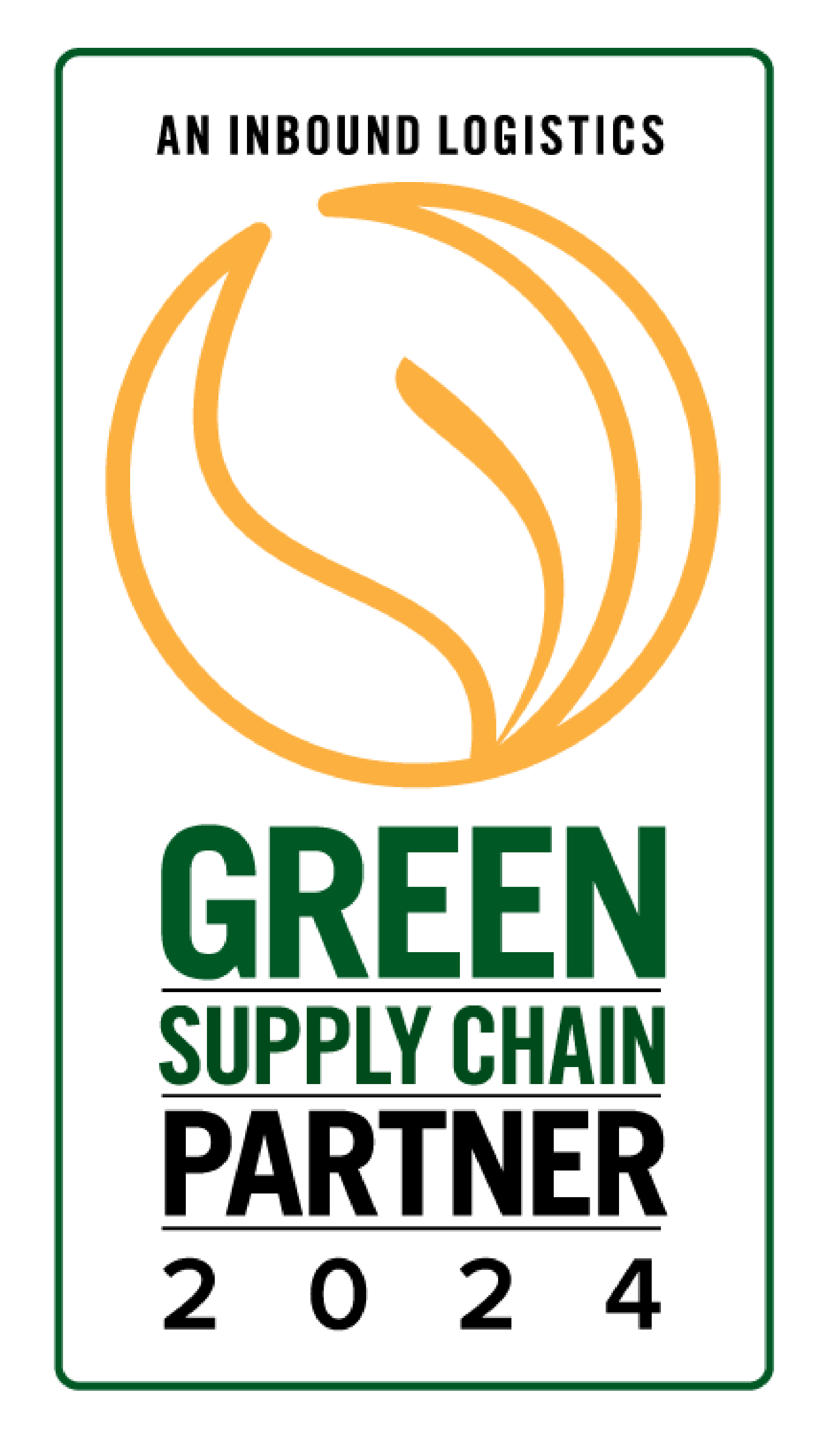SupplyChainBrain, March 6, 2023, Bobby Wallace
The world is awash in what’s been called a “tsunami of e-waste,” and technology companies must accept accountability for stemming this tide.
In 2021, 57.4 million metric tons of e-waste, including IT assets, entered the global waste stream. That’s heavier than the Great Wall of China. This scenario makes it vital for businesses to operate with a positive environmental impact if they want to maintain brand loyalty, remain successful in the long term, and do what’s right for the environment and future generations.
With e-waste management playing a critical role in the United Nations 2030 Agenda for Sustainable Development, IT companies have the opportunity to develop new ways of doing business that reduce the environmental impact of their operations.
Embracing a Circular Economy Model
According to the MacArthur Foundation, a circular economy model is based on three principles:
- Designing manufacturing and supply chain processes that eliminate waste and pollution,
- Keeping products and materials in use at the highest possible value, and
- Regenerating natural systems as much as possible
Applying a circular economy model enables a company to reduce e-waste in several ways. It’s about more than recycling. Rather, it goes beyond the traditional industrial approach of “take-make-waste” to transform systems and eliminate waste and pollution, by keeping products and materials in use for as long as possible.
When it comes to original equipment manufacturers in technology, the process encompasses the entire product lifecycle, from raw materials to packaging and the way those products make their way through the supply chain. The reserve logistics stage, however, is often overlooked.
To consider a product’s entire lifecycle requires companies to make a fundamental shift in the way it’s designed, produced, sold, used and discarded. Repair services are a vital part of this end-to-end process. They support the circular economy model by keeping products in service, lessening the impact on the waste stream, and enabling recovery and recycling for end-of-life products.








